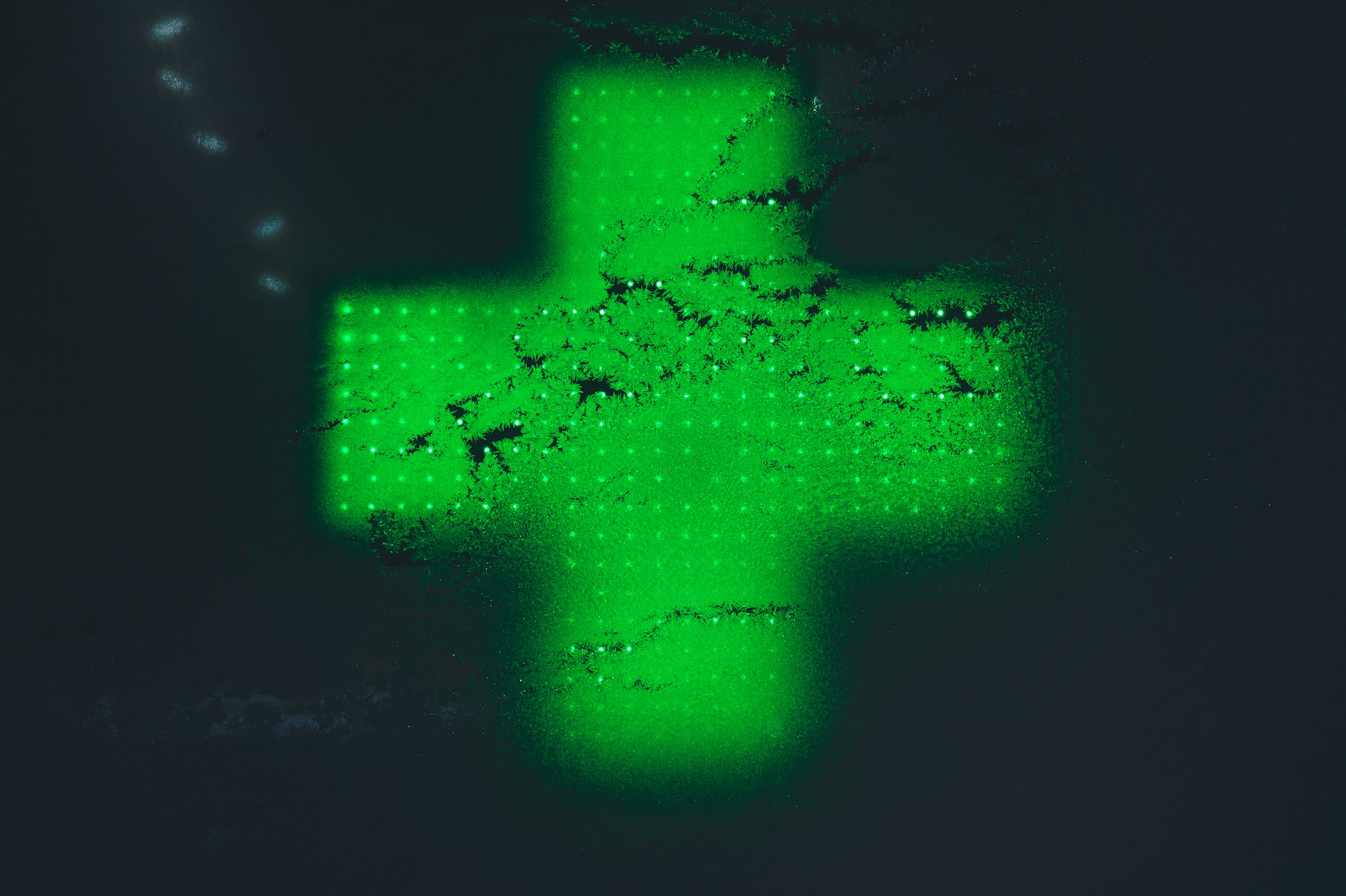 Adnan Saad is a GP Principal at Sheepcot Medical Centre, Watford; Associate Professor of Family Medicine at St George’s University, Grenada; and Clinical Tutor at Imperial College School of Medicine, London.
Adnan Saad is a GP Principal at Sheepcot Medical Centre, Watford; Associate Professor of Family Medicine at St George’s University, Grenada; and Clinical Tutor at Imperial College School of Medicine, London.
Over the last 50 years society has become progressively diverse as the needs of the population continue to change. As these diversities become increasingly recognised, it has resulted in differences becoming more pronounced and the possibility of discrimination thus becoming more prominent. This affects not just patients, but also staff and students as well.
Direct discrimination occurs when a person is treated less favourably due to a protected characteristic (such as gender, sexual orientation, age, race, or religion), whereas indirect discrimination may occur when a practice policy or rule applies to everyone in the same way but it has a worse effect on some people than others (for example, policy for all staff to do out-of-hours work when some have childcare issues). This may lead to a negative work and learning environment, and to students feeling excluded, disengaged, and developing mental health issues. It is, therefore, important for community trainers to be aware and support students who have been subjected to any form of discrimination.
“… whatever an individual’s personal views they must always be professional, inclusive, and tolerant when at work … “
A sensible approach would be for practices to be open-minded and have an inclusive learning environment. There should be an equality and diversity practice protocol in place, and all practice staff should be expected to go through equality and diversity training as part of their regular professional development plan.
At induction, students are told how important it is to show respect for one another, and the importance of tolerance and a need for an inclusive learning environment is emphasised. Students should be told that if they have any personal concerns they wish to address, then they can do so without any fear of criticism or come-back.
It is important to acknowledge that it is natural for individuals to have differences in opinions and sometimes not meet eye-to-eye, but whatever an individual’s personal views they must always be professional, inclusive, and tolerant when at work — not just to patients but also to colleagues and peers. This will ensure a better learning and workplace environment.
Within a GP setting there may be several areas where we can try to address discrimination proactively. For example, physical health needs — does the student have a physical disability requiring access (for example, use of a lift or a ground floor room). There can be learning needs (for example, dyslexia), where adding more blocks into the appointment list or extending the exam/course time deadline may help. There could be mental health needs, such as social or health anxieties (seen more now since the COVID-19 pandemic), or other mental health issues (from relationship problems, living far from home, or various family issues) where the student may require extra time and support from their tutor or university. Here the student should be encouraged to seek medical support from their healthcare professional and be given special consideration and support for them to attend hospital appointments without falling behind in the curriculum.
“Most practices should have gender-neutral toilets (just as we would at home) … “
Religion is also a very personal and sensitive area to many students. Some students may wish to wear head coverings (such as a hijab, the Jewish kippah, or Sikh turban), or require a quiet private place for prayer. This should be made possible without making students feel awkward or uncomfortable.
A student’s gender identification should be acknowledged; where students are encouraged to tell their practice and colleagues at the outset what their preferred pronouns are. Most practices should have gender-neutral toilets (just as we would at home), which may help overcome any social awkwardness that may otherwise be felt.
For those students who have felt discriminated against, there should exist an easy way for them to come forward and raise their concern. Ideally, training practices should have a student tutor, a practice manager, a staff lead, and even a student coordinator (smaller practices may have the same individual covering multiple roles) who have an open-door policy, where a student can frankly speak to any of these individuals about a concern they may have without fear of negative repercussions or criticism.
Lastly, it is important for a practice to work closely with medical schools so that we are all giving the same message and working towards a common goal of making the student learning experience comfortable, non-judgemental, and inclusive.
Featured photo by Egor Myznik on Unsplash.







“ First Do No Harm “
Those with good ethics know that health care has nothing to do with politics & government.
Doctors have to heal even the enemy.
But……….
https://www.bma.org.uk/news-and-opinion/punished-for-doing-their-jobs
BMA title is “Punished for doing their jobs”
Doctors in Myanmar get arrested and persecuted for nothing more than wanting to care for their patients. Seren Boyd hears about the lives of doctors battling to maintain medical neutrality in the face of a repressive dictatorship
They were among the first to take to the streets when the military junta seized power in February. Doctors joined hundreds of thousands of others in peaceful pro-democracy protests, from Dawei to Mandalay.
—–
BMA admit doctors are the first to take to the streets when the military take power. Looks likes no patients in hospitals during pandemics.
So BMA is telling us doctors are “doing their jobs” on the streets, “nothing more than wanting to care for their patients”
What a wonderful world we live in.
—–
Here is from BBC
Organised resistance to the 1 February coup in Myanmar started with healthcare workers announcing a boycott of state-run hospitals. They led the first street protests, calling it the “white coat revolution”.
That put medics on a collision course with the junta, and has resulted in much of Myanmar’s healthcare system going underground.
—–
P.S
Many Doctors with good ethics do not join CDM and gov is sending military doctors to hospitals. That is why Myanmar can successfully controlled COVID-19.
This is my comment at https://bjgplife.com/myanmar-doctors-under-a-military-coup-in-the-midst-of-the-pandemic/